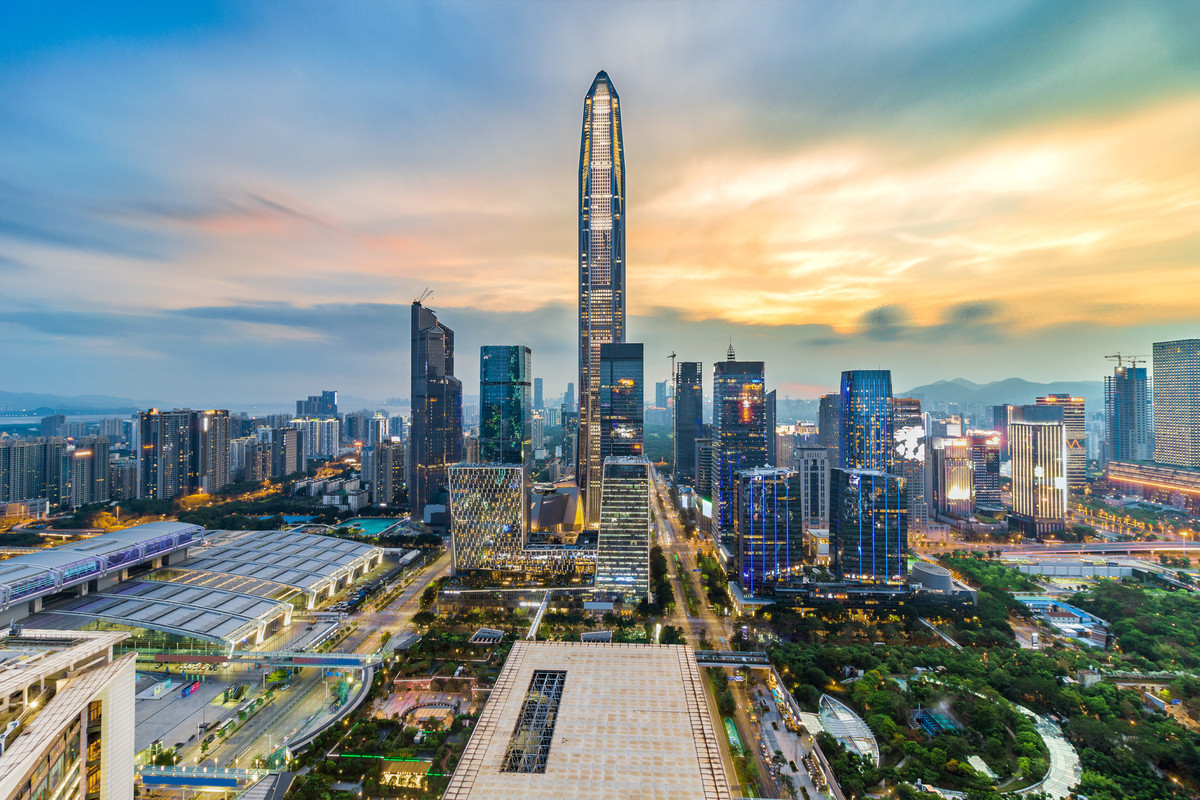China to realize national rejuvenation despite hurdles

The recently concluded third plenary session of the 20th Central Committee of the Communist Party of China charted the future course of China's development, which will also influence the development of the global economy.
The resolution adopted at the third plenary session describes not only China's achievements but also the internal and external challenges facing China. That the resolution does so suggests the Party is not "dizzy with success". Instead, the Party understands the seriousness of the problems, accords priority to solving them, and realizes that it is necessary to continue the hard work to achieve Chinese modernization and improve the living standards of the Chinese people.
It is necessary to mention here that China's development is based on Marxism-Leninism, Mao Zedong Thought, Deng Xiaoping Theory, the Theory of Three Represents, the Scientific Outlook on Development and Xi Jinping Thought on Socialism with Chinese Characteristics for a New Era. However, in the new era, some of the previous theoretical provisions may not be as relevant as in the past. As such, their preservation in official documents demonstrates the continuity of political thought in China which, in turn, contributes to the strengthening of the ideological basis for realizing the great rejuvenation of the Chinese nation.
Importantly, the resolution of the third plenum has emphasized that the starting point and the ultimate goal of all reforms is to ensure social equality and justice, and improve people's livelihoods. This universal thesis included in China's development policy has evoked positive response from the international community and boosted the status of China as a responsible global power.
Moreover, some experts have been discussing, for some time now, whether the private sector is losing its importance in China. The resolution has laid all such speculation to rest by emphasizing that the socialist market economy is an important element of Chinese modernization and, accordingly, private enterprises are a key element of the Chinese economy.
Naturally, in a large economy like China's, various imbalances can, from time to time, affect the private sector — this is how a market economy develops. But it is necessary to improve the basic institutions of the market economy, as mentioned in the resolution, to mitigate the negative impacts of such imbalances.
The resolution attaches great importance to high-quality development and new quality productive forces, because the factors behind China's rapid economic development — such as cheap labor, rising exports and investment in infrastructure — may not be as important in the new era. This is because labor is no longer cheap in China, as average wages have drastically increased and the disposable income of Chinese households has been continuously increasing. As for investment in infrastructure, it no longer has a significant multiplier effect on the economy, as built infrastructure facilities require high maintenance costs and repayment of loans. And given the hostile attitude of China's major trading partners, the United States and the European Union, the space for growth of exports is limited.
Therefore, China needs to look for new growth drivers, such as high-quality, innovation-driven development and the advancement of new quality productive forces, because they can enable China to produce more goods and equipment with high added value using new production methods, and make the Chinese economy more efficient.
As the resolution noted, to achieve high-quality development, China needs to improve the education and science and technology sectors, promote innovation, cultivate talents, and strengthen international cooperation.
This makes it clear that China, despite seeking self-sufficiency in vital sectors, is not shutting itself off from the rest of the world. Instead, it remains committed to open and fair trade.
True, China does face challenges and difficulties in achieving high-quality development. But its meticulous planning, thorough implementation of plans, and measures to address the internal and external challenges will ensure it realizes its strategic goals.
